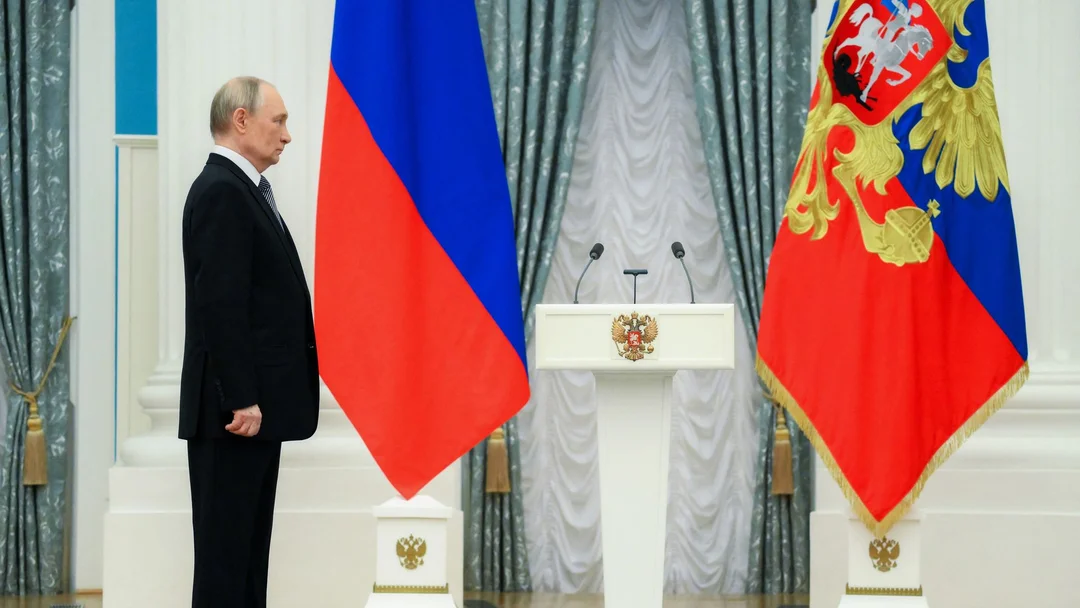
Witkoff Meets Putin in St Petersburg as Allies Pledge Billions for Ukraine and Trump Pressures Moscow
Major diplomatic and military maneuvers unfolded Friday as US presidential envoy Steve Witkoff arrived in St Petersburg for talks with Russian President Vladimir Putin, while Western allies in Brussels pledged a record €21 billion in new military aid for Ukraine. The developments underscore a widening divide between efforts for negotiated peace and hardening support for Kyiv on the battlefield, with the war threatening to set new precedents in transatlantic security.

The Kremlin confirmed that Witkoff—appointed by US President Donald Trump to broker a ceasefire in Ukraine—would meet Putin, with potential talks about both a truce and a possible Trump-Putin summit. Kremlin spokesperson Dmitry Peskov, however, cautioned that "no breakthroughs should be expected," and described the visit as "not momentous." Notably, this marks the third such encounter between the two in 2025, amid a bloody and protracted conflict.
Trump's social media blast ahead of the trip added urgency—and drama—to the proceedings: "Russia has to get moving. Too many people ere [sic] DYING, thousands a week, in a terrible and senseless war – A war that should have never happened, and wouldn’t have happened, if I were President!!!" The statement illustrates Trump’s push for a rapid 30-day ceasefire, which Ukraine has reportedly accepted, but Moscow continues to link to broader sanctions relief and demands on Western policy, effectively stalling negotiations. In a sign of the complicated US role, President Trump has also pledged to investigate claims that Chinese fighters are active alongside Russian forces in Ukraine, potentially further inflaming international involvement.
As US-Russia talks seemed to struggle for traction in St Petersburg, a parallel summit of Ukraine’s supporters convened at NATO headquarters in Brussels. Led by UK Defence Secretary John Healey, the Ukraine Defence Contact Group—representing about 50 countries—announced more than €21 billion in fresh military aid, with additional pledges from the UK and Germany. Healey emphasized the scale and timing: "2025 is the critical year for the war in Ukraine, and this is the critical moment." German defense minister Boris Pistorius acknowledged the grim outlook: “Given Russia’s ongoing aggression... peace in Ukraine appears to be out of reach in the immediate future.”

The dual-track approach—pursuing military aid while exploring diplomacy—reflects both Western frustration over Putin's "dragging feet" and recognition that a negotiated settlement remains elusive. Putin’s reluctance to agree to a ceasefire without significant Western concessions further complicates the diplomatic chessboard.
Meanwhile, the human toll remains devastating. Leaders including Spanish Prime Minister Pedro Sánchez expressed condolences after a tragic helicopter crash in New York, a reminder of the war’s broad ripple effects and ongoing tragedies, both on and off the battlefield.

As diplomatic overtures contend with the realities of war, and as U.S. and European strategies diverge, questions loom: Will Witkoff’s visit push Putin toward talks, or simply highlight entrenched positions? Will unprecedented military assistance tip the scales on the ground? Readers—what do you make of this high-stakes, multifaceted standoff? Share your thoughts below.